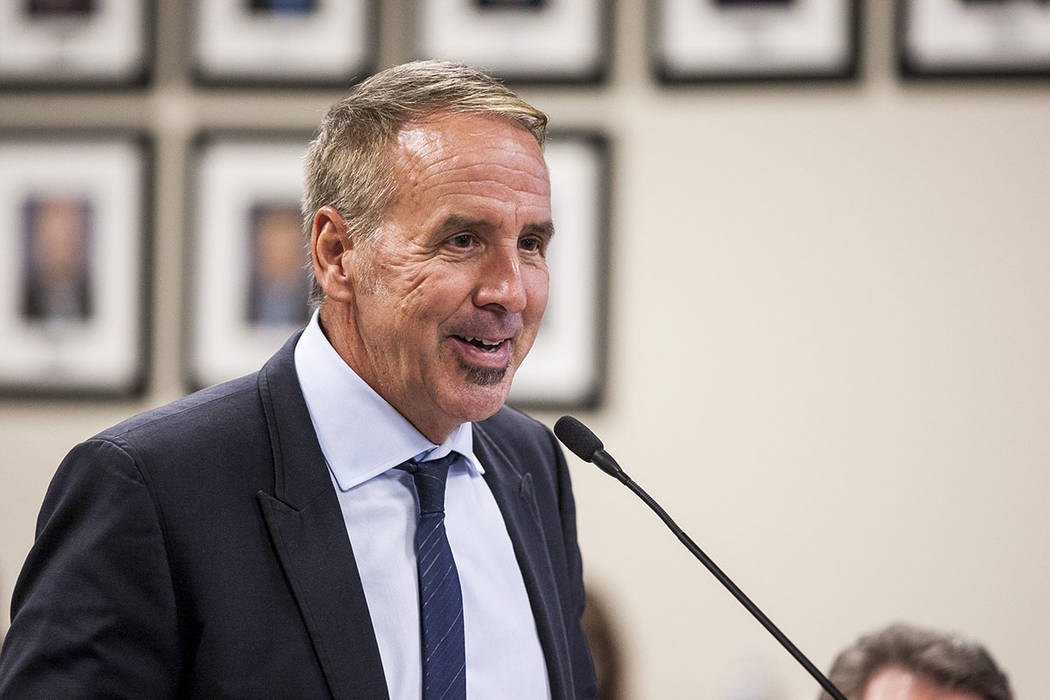NSHE Chancellor Thom Reilly talks about the UNLV shakeup
UNLV president Len Jessup quit and wasn’t forced out by the Board of Regents, according to Nevada System of Higher Education Chancellor Thom Reilly. Reilly also said he’s open to appointing rather than electing members of the Board of Regents and wants Nevada’s higher education system to focus on improving graduation rates.
Reilly made his comments while filming Nevada Politics Today.
“It was actually March 5 that President Jessup came to my office, and basically said he’s done and wants to find other employment,” said Reilly. In Jessup’s letter announcing he’s taken a job in California, he asserted that he and Reilly met on March 16 and that Reilly told him to quit or be fired. Reilly also noted that Jessup sent a letter out on March 14 telling UNLV students that he was looking for a new job.
Jessup’s decision to leave “may have stemmed from an evaluation that I’m required to do of all presidents,” said Reilly. “I outlined his strengths, I brought up issues about outcomes, particularly around student success. I identified some significant deficiencies operationally, but never in that conversation was [there talk of] a termination.”
Reilly also questioned Jessup’s decision to sign a “memorandum of understanding” with the Engelstad Foundation that conditioned a $14 million gift on his continued employment.
“A donor can require anything they want. It’s their money,” said Reilly. “The question is who can accept it. This is the issue that I continue to have. As a public official, you cannot enter into an agreement where you can benefit financially.
“At the very least, he should have had his attorneys look at it, because his attorneys would have told him, you cannot sign this.”
Reilly didn’t find out about the gift until after a foundation trustee contacted higher education officials and asked if they had seen the agreement.
Part of Reilly’s plan for improving the system is to focus on graduation rates. “Our core function in higher education is that we graduate individuals, and if we’re not doing that, we’re failing,” he said.
“This is what I want the conversations between presidents and regents at our meetings [to be,] ‘What are the obstacles to get individuals graduated?’”
One challenge is that a majority of Nevada students who attend a NSHE institution require remedial classes. “It’s good more are graduating, but we also have to look at if they’re workforce or college ready,” said Reilly.
“I think the statistics are showing that many of them lack the basic skills to be successful.”
Reilly said he was open to having the regents be appointed, but doubted that voters would be interested. “I would personally support appointing Supreme Court justices and probably appointing regents.”























